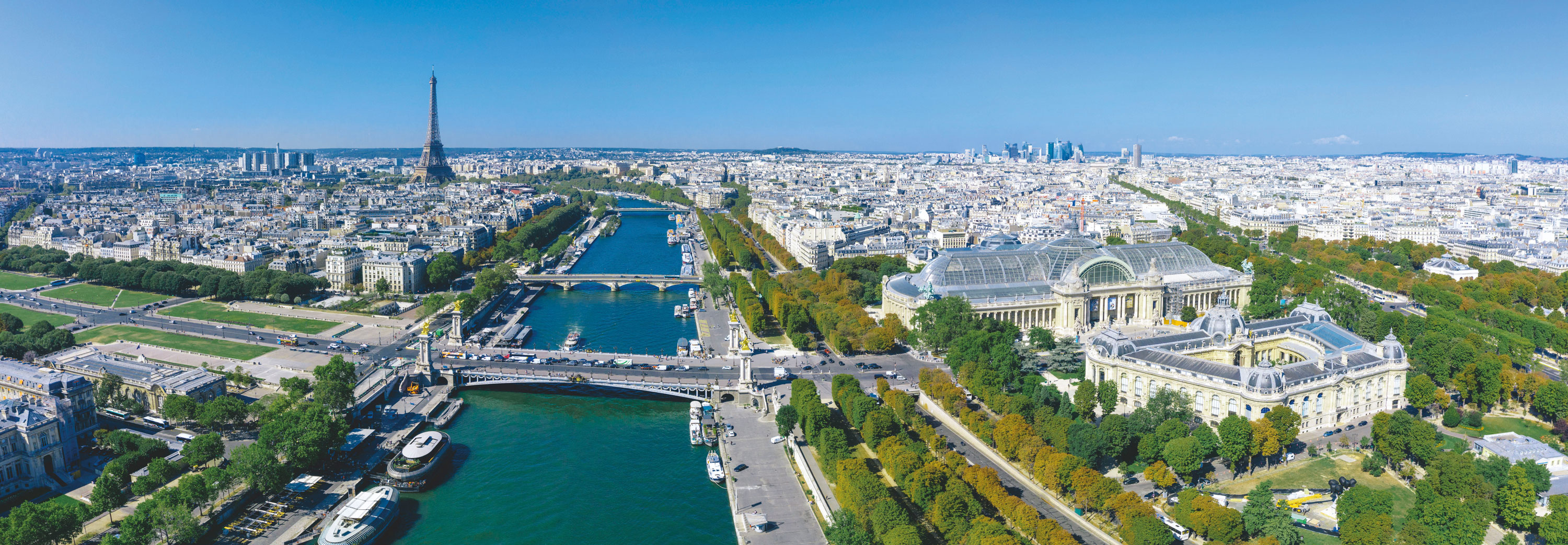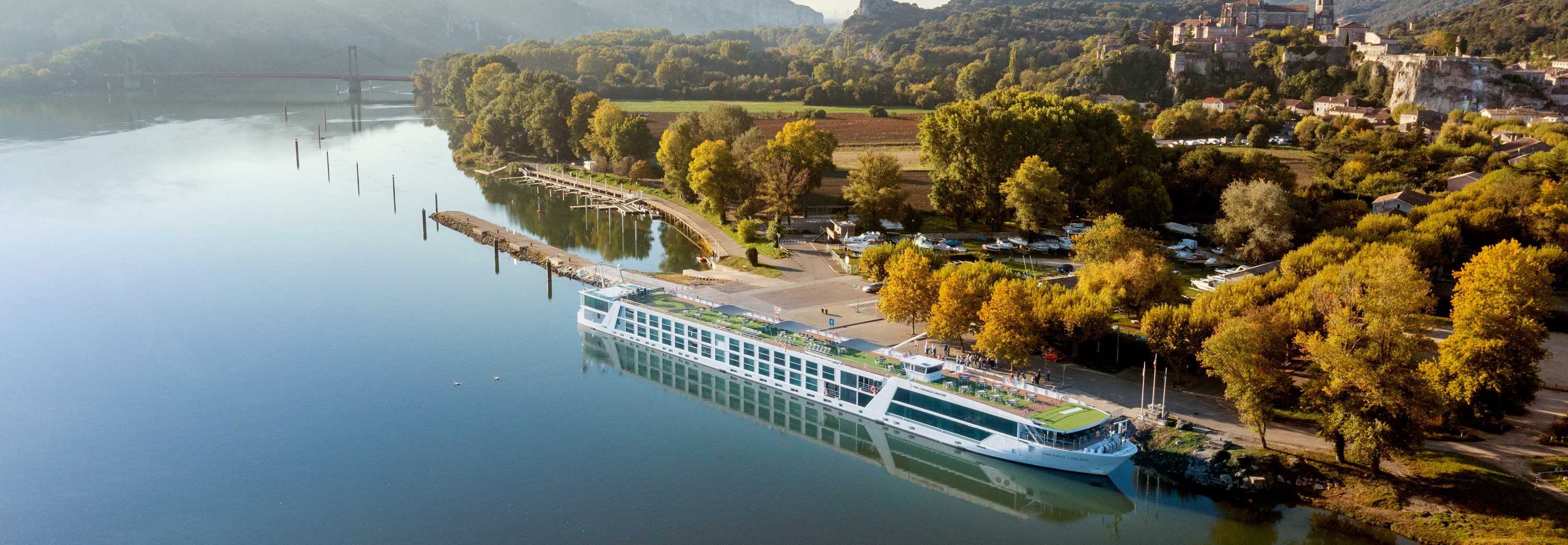most important festival in the French calendar – Bastille Day.
What is Bastille Day?
What the French also refer to as, 'La Fête Nationale' and 'Fête Nationale Française' ('French National Celebration'), Bastille Day is a national public holiday commemorating the storming of the Bastille in the capital, Paris, on 14 July, 1789; a major event in the French Revolution and a symbolic start to the downfall of the Bourbon monarchy.
It commemorates the anniversary of the 'Fête de la Fédération' ('Feast of the Federations') on the same day, 14 July, in 1790, which celebrated the first anniversary of the insurrection and the unity of the French people.
The Bastille Day festival is also a time for the French to celebrate their national identity and pride in their country.


Why is Bastille Day celebrated?
To help understand why the Bastille Day festival is so important to the French, it helps to learn about the significance of the Bastille building itself and the French Revolution, one of the most defining events in world history.
Constructed in the 14th century, The Bastille was initially a medieval fortress, but by the early 18th century, had been repurposed as a state prison, detaining not only criminals, but political dissidents extending to philosophers and writers who opposed the monarchy. The Bastille became a symbol of the harsh rule and absolute power of the French monarchy. In the 1780's, France was facing famine after suffering crop failures, food prices were at an all-time high, and unemployment rates were rising. King Louis XVI and Queen Marie Antoinette, meanwhile, continued their extravagant spending and lavish ways, plunging the country into near economic ruin.
In the early months of the French revolution, Paris was in a state of high agitation, culminating in protests and angry crowds storming various posts across the capital, seeking food and weapons. It was during the public unrest of 1789, Parisian commoners, peasants and revolutionists stormed the Bastille. This act signalled a symbol of defiance against the monarchy and turning point in the French Revolution, which quickly escalated into a full-scale civil war. After entering a more moderate phase, this national revolution culminated in the end of the ‘Ancien Régime’ and establishment of the modern French Republic, ushering in an age of ‘Liberty, Fraternity and Equality.’
Dismantled during the French Revolution, little remains of the Bastille today. A large column marks the spot in the Place de la Bastille and the outline of the fortress walls are still visible on the ground, while some of the building’s original stones have found new purpose within the city’s Metro stations.
The Bastille Day Festival is celebrated throughout France with firework displays, special illuminations, large-scale public events and parties. The day is even observed in other countries across the world, especially in French-speaking nations or where French influence plays a major part in the culture, such as Belgium, Canada and former colonies like French Polynesia. However, Bastille Day is also celebrated in less obvious countries, such as Hungary, the US and UK and Republic of Ireland.
Some of the best places to celebrate Bastille Day in France include Bordeaux, a city not just famed for its world-class wines, but as host to one of France’s largest events – a giant picnic held at Parc Simone Signore. And the medieval village of Carcassonne, in southwest France, organises what is considered amongst the best firework displays in France. Not surprisingly, the biggest and most significant Bastille Day festivities are held in the capital.


What is there to do in Paris?
Happy Bastille Day! The festivities kick off with a military ceremony, followed by a traditional Bastille Day military parade – regarded as Europe’s oldest and largest – down the iconic Champs-Élysées boulevard. This meticulously planned spectacle takes an hour for the infantry alone to march past throngs of spectators, including the President of France, French dignitaries and VIP foreign guests, followed by a mechanised section, two cavalry passes and a show-stopping military flyover across the city.
Other Paris activities include numerous free concerts, extending to the most famous of all on the Champ-de-Mars, a large public greenspace located next to the Eiffel Tower and site of an infamous massacre during the French Revolution. Come nightfall, everyone is treated to a spectacular fireworks extravaganza lighting up the sky over the Eiffel Tower. Thousands gather to watch this on the Champ-de-Mars, the River Seine, or even on the Eiffel Tower’s lower levels. The Sacré Cœur and Montparnasse Tower also make excellent vantage points.
With Emerald Cruises, you can extend your stay on selected river cruising itineraries with up to three nights in Paris. This is a marvelous opportunity to explore this romantic ‘City of Light,’ and learn more about the nation’s momentous history. During your Paris stay, you’ll enjoy an included guided city tour taking in key landmarks and top things to see in Paris, as well as a memorable cruise on the river Seine.
If your stay coincides with Bastille Day in France, you’ll be able to join in the celebrations with the locals and immerse yourself in French Revolution folklore. July is peak tourist season in Paris and the height of summertime, with warm and pleasant weather and numerous events and festivals taking place. This summer, with the annual Tour De France running 29 June to 21 July and Paris Olympics 2024, hosted 26 July to 11 August, Paris and France will present an even more impressive appearance on the world stage.
Vive La France!
Find your next unforgettable France river cruise with Emerald Cruises, or explore our France page. Emerald Cruises France river cruises also seamlessly connect to our Portugal river cruises and our Rhine River cruises for a superb 15 day experience.
Super Earlybird Offers are out now:
Book with your travel advisor or call 1300 286 110.
Featured Itineraries
Stay up to date and be inspired
Yes, please keep me updated with the latest special offers, travel inspiration, product updates, and event invites.








